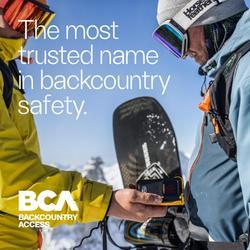Observation Date
12/31/2024
Observer Name
Zimmerman-Wall, Kelly
Region
Salt Lake » Little Cottonwood Canyon » Alta Periphery
Location Name or Route
Upper LCC/AF/BCC
Comments
Patience. Do nothing in haste, look carefully to each step, and from the beginning, think what could be the end.
Photo 1: Dry Fork of AF Canyon and Gargoyles with sluffing and evidence of larger slab that had pulled out off the backside of Supreme (Fuzzy Weirdo) and been drifted in with new snow and wind.
Photo 2: Sluffs in Rocky Point
Photo 3: Sunset and Rocky Point. Crowns visible and drifted in below the high triangle of chutes.
Photo 4: Afternoon convective building up. This got quite dense as the day wore on, but then broke up by 5pm.
Photo 5: Sluffs on Tuscarora
Photo 6: Wolverine Bowl where we had a booming collapse but no avalanche
Photo 7: Stacked tracks in West Bowl and evidence of the avalanche from several days prior.
Photo 8/9 Different angle on the Meadows Football Field remotely triggered slide.
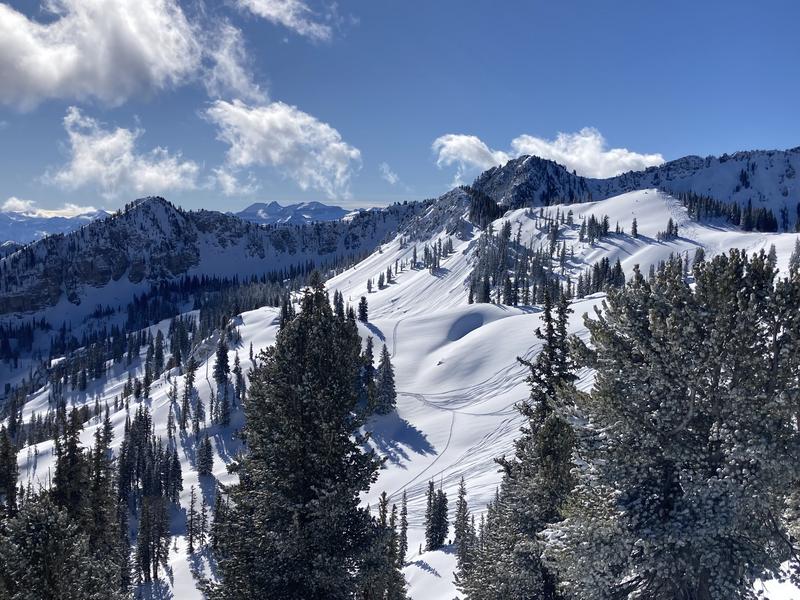
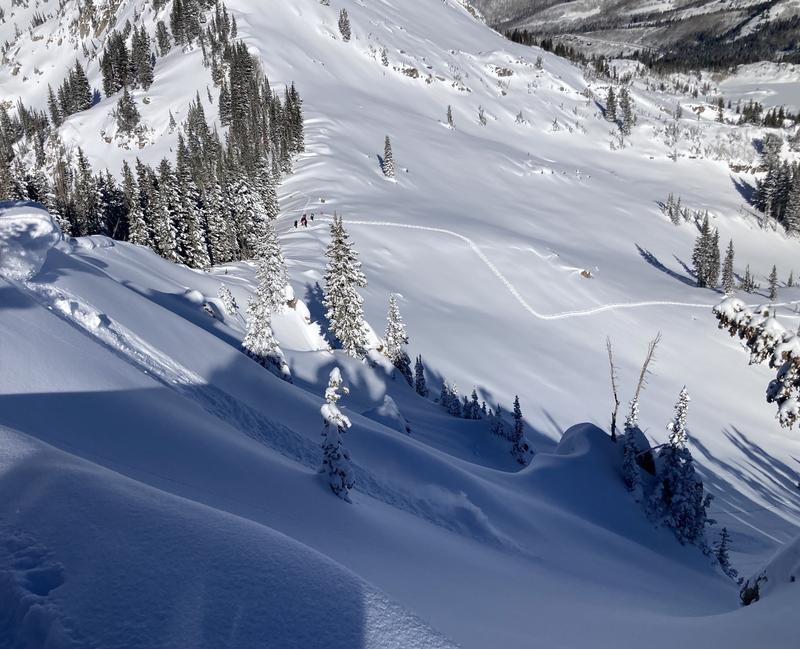
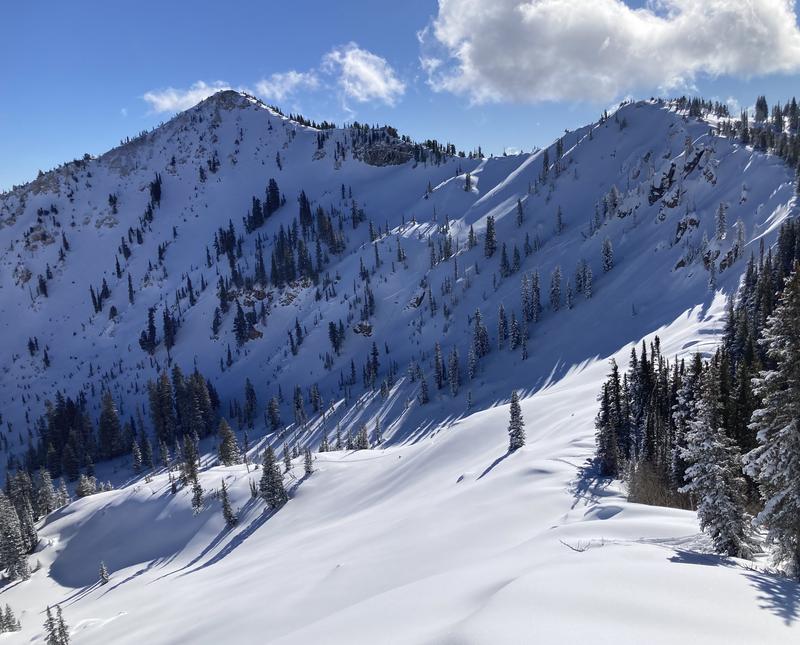
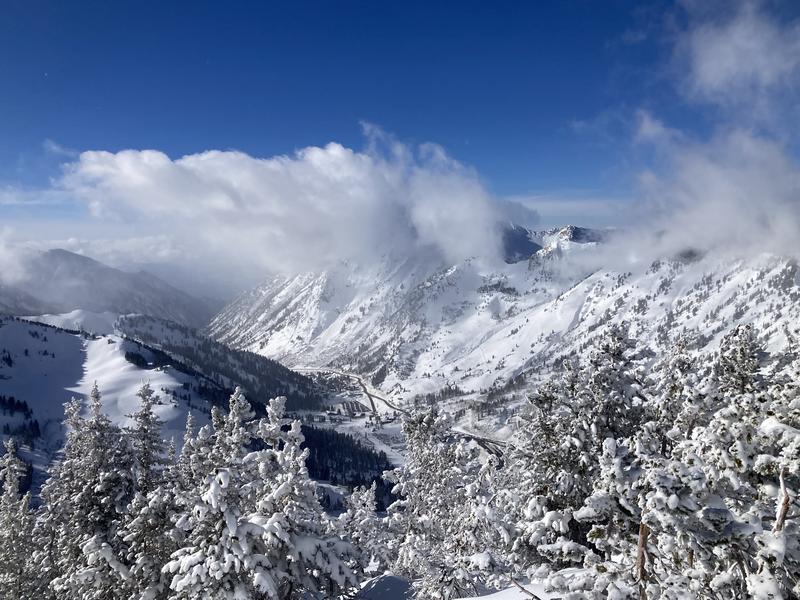
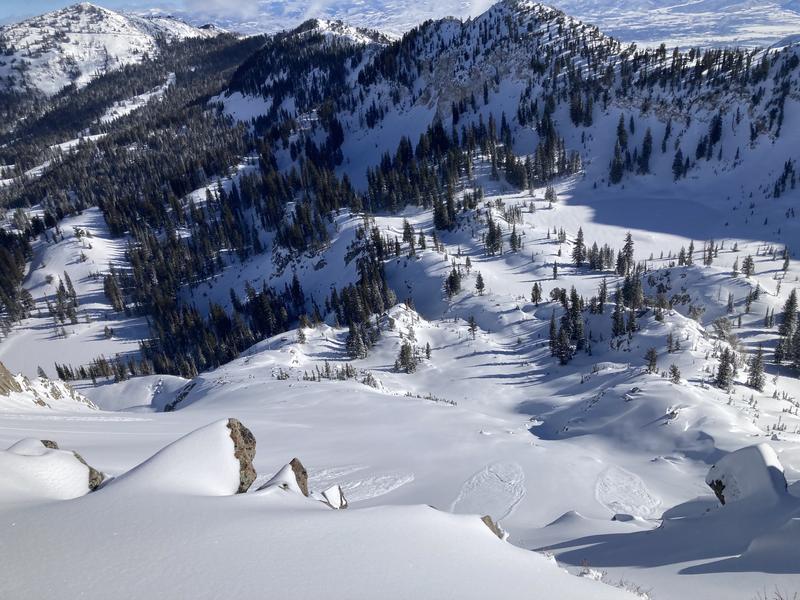
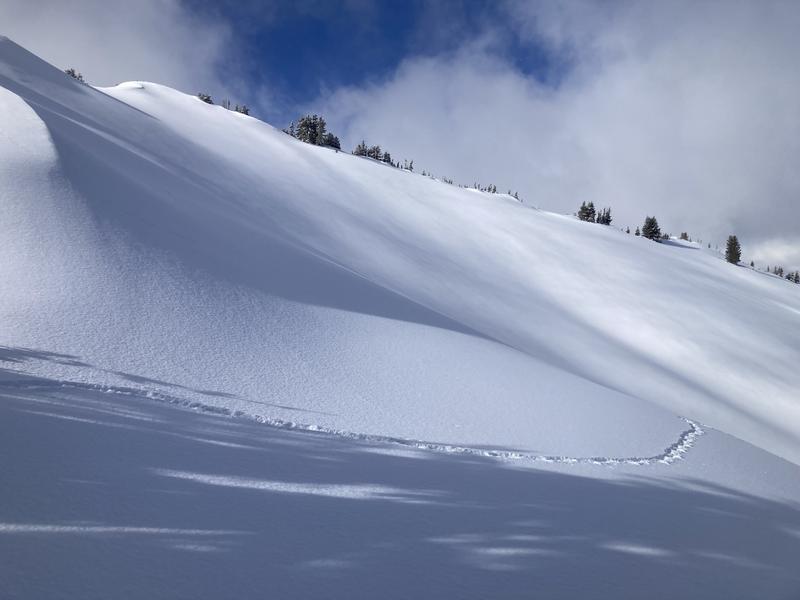
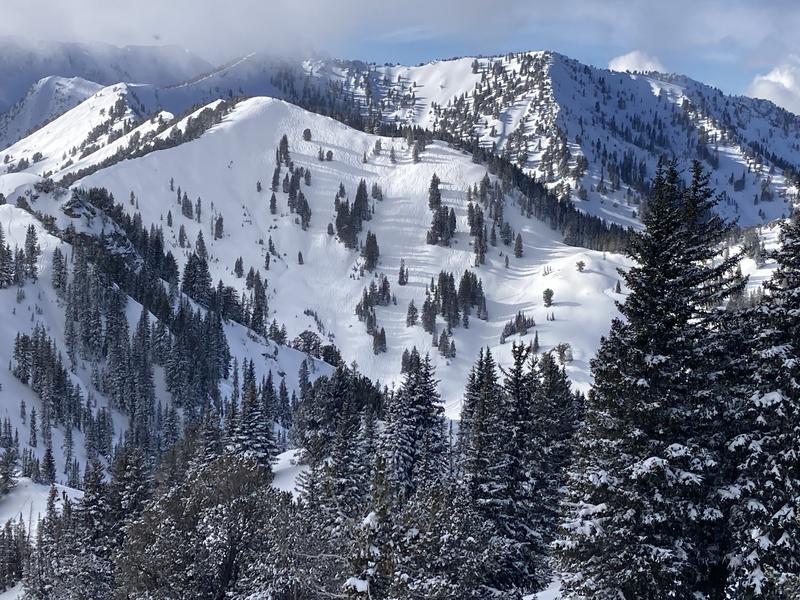
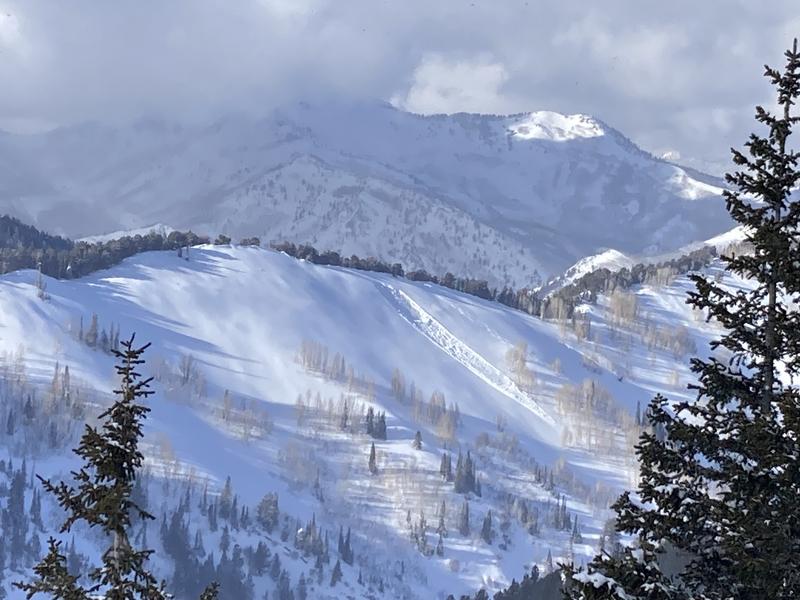
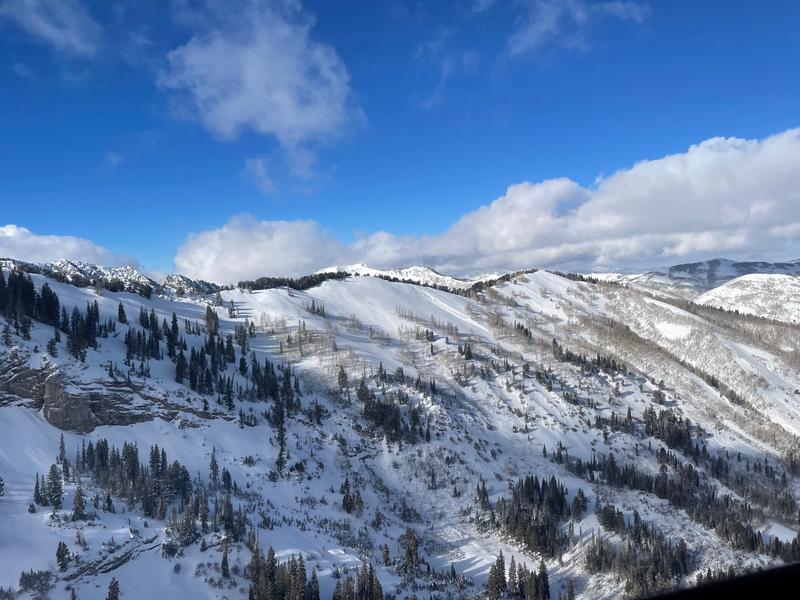
Today, we traveled as though it was high hazard. The snowpack was probably a solid considerable (check out the danger scale HERE). With a buried persistent weak layer, (dry loose faceted snow) I like to give a wide berth to this problem particularly after such a huge hit of snow. We were still seeing remants of massive avalanches from this most recent storm. The snowpack has not settled out yet and as hard as it is to be patient I am trying to wait this one out and stick to lower angle and southerly facing slopes without the buried persistent weak layer.
Today's Observed Danger Rating
Considerable
Tomorrows Estimated Danger Rating
Considerable
Coordinates



